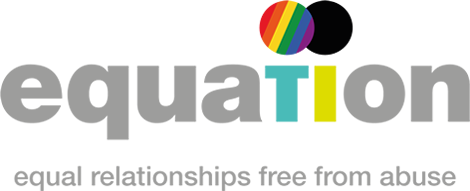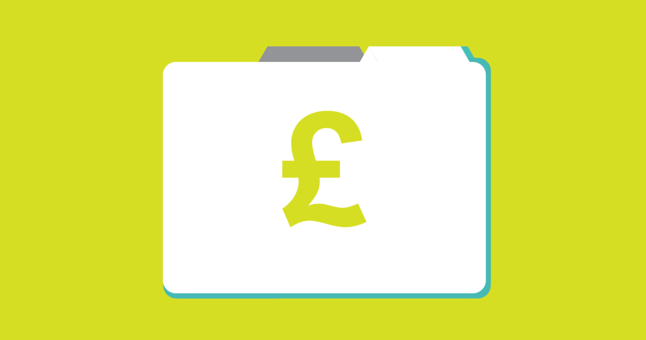For most of us, money is a central concern in our lives. The money we have available to us governs where we live, what we eat, where we go and what we buy.
Controlling someone’s access to money is a powerful method of controlling them– and many perpetrators of domestic violence do just that. They may exert control by limiting a partner’s access to money or other resources, or by forcing all financial responsibility onto their partner while limiting their ability to provide this.
Financial or economic abuse can take various forms. Sometimes financial abuse is accompanied by physical violence, but not always.
Abusive actions might be:
- Taking money from the survivor
- Withholding the survivor’s access to shared money
- Making the survivor account for every penny spent
- Making the survivor beg for money
- Preventing the survivor from gaining employment
- Causing the survivor to lose, or forcing them to give up, employment
- Taking out loans, credit cards or running up debts in the survivor’s name
- Forcing the survivor to commit crimes for money
- Spending money needed to maintain the home (i.e. rent, bills, repairs) on themselves
- Not allowing the survivor to buy necessities, for themselves or their children, including sufficient food
Financial abuse may also continue after a relationship has ended, through the perpetrator withholding child maintenance payments from a survivor.
Financial abuse doesn’t just occur in relationships between romantic partners. Older people may experience financial abuse from carers or those they depend on for support.
That might mean that the perpetrator:
- spends the older person’s money on themselves while shopping for them
- refuses to let an older person decide what to spend their money on
- tells an older person they should give them money, perhaps by telling a hard luck story or by making the older person feel they’re a burden
- moves into the older person’s home uninvited, or pressures the older person to sign their property over to them or to change their will
Financial abuse is never acceptable, no matter what your relationship to the perpetrator or how ‘minor’ it may seem.
There is help available to support survivors of financial abuse.
Help from Women’s Aid
The Women’s Aid helpline is open 24 hours on 0808 2000 247. They provide help and support to those experiencing abuse. You can read more about the helpline and staying safe before you call here.
Help from the Men’s Advice Line
The Men’s Advice Line is open Monday – Friday 9am-5pm on 0808 8010 327. You can read more about the helpline and the support they offer here.
If you are in immediate danger, call 999.

